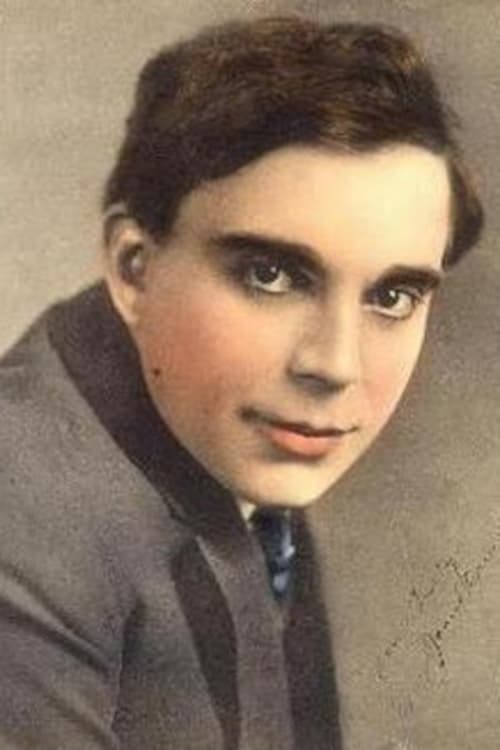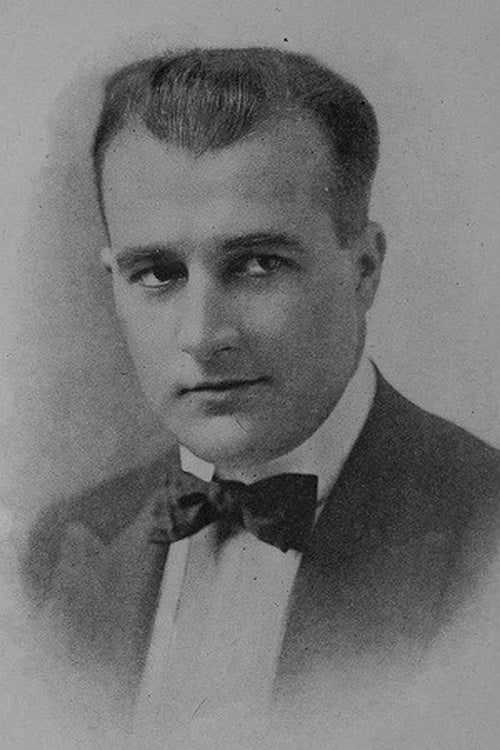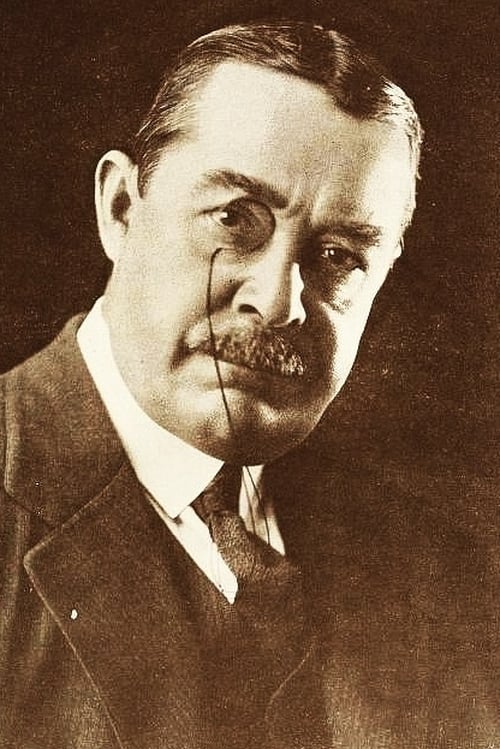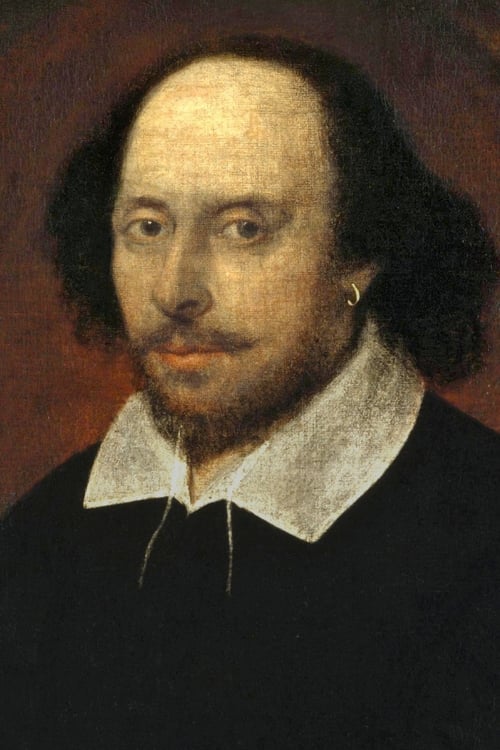Cymbeline (1913)
Genre : Drama
Runtime : 22M
Director : Lucius Henderson
Synopsis
Southern California locations vividly suggest both elemental pre-Roman Britain and classical Rome. An energetic cinematic pacing and intimacy show rapidly improving narrative technique and realism well beyond the limitations of the stage. Especially cinematic are the bedchamber scene in the first reel, with its intimate cinematography and acting and special lighting effect, and the battle scene of the second reel, considered very effective in its day.
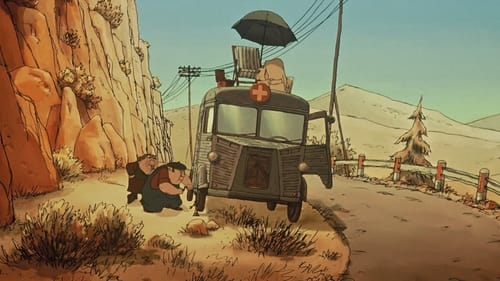
When her grandson is kidnapped during the Tour de France, Madame Souza and her beloved pooch Bruno team up with the Belleville Sisters—an aged song-and-dance team from the days of Fred Astaire—to rescue him.
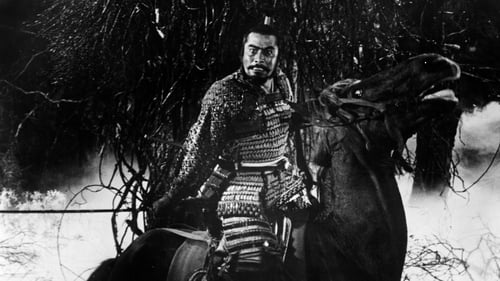
Returning to their lord's castle, samurai warriors Washizu and Miki are waylaid by a spirit who predicts their futures. When the first part of the spirit's prophecy comes true, Washizu's scheming wife, Asaji, presses him to speed up the rest of the spirit's prophecy by murdering his lord and usurping his place. Director Akira Kurosawa's resetting of William Shakespeare's "Macbeth" in feudal Japan is one of his most acclaimed films.
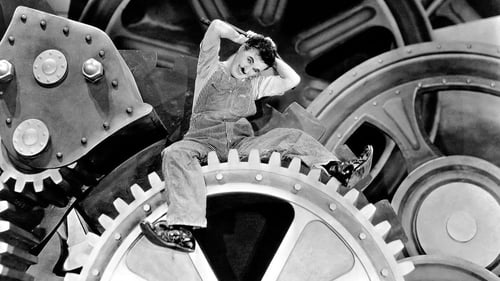
The Tramp struggles to live in modern industrial society with the help of a young homeless woman.

In a futuristic city sharply divided between the rich and the poor, the son of the city's mastermind meets a prophet who predicts the coming of a savior to mediate their differences.
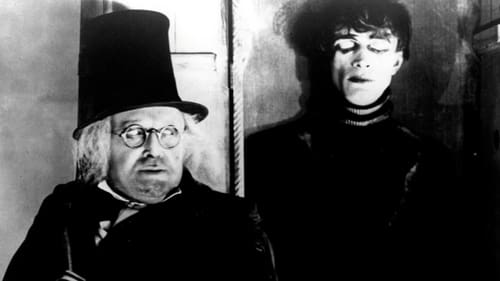
Francis, a young man, recalls in his memory the horrible experiences he and his fiancée Jane recently went through. Francis and his friend Alan visit The Cabinet of Dr. Caligari, an exhibit where the mysterious doctor shows the somnambulist Cesare, and awakens him for some moments from his death-like sleep.

Professor Barbenfouillis and five of his colleagues from the Academy of Astronomy travel to the Moon aboard a rocket propelled by a giant cannon. Once on the lunar surface, the bold explorers face the many perils hidden in the caves of the mysterious planet.

In this loose adaptation of Shakespeare's "Henry IV," Mike Waters is a gay hustler afflicted with narcolepsy. Scott Favor is the rebellious son of a mayor. Together, the two travel from Portland, Oregon to Idaho and finally to the coast of Italy in a quest to find Mike's estranged mother. Along the way they turn tricks for money and drugs, eventually attracting the attention of a wealthy benefactor and sexual deviant.
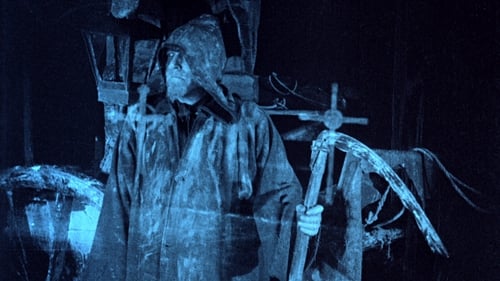
It's New Year's Eve. Three drunkards evoke a legend. The legend tells that the last person to die in a year, if he is a great sinner, will have to drive during the whole year the Phantom Chariot, that picks up the souls of the dead.
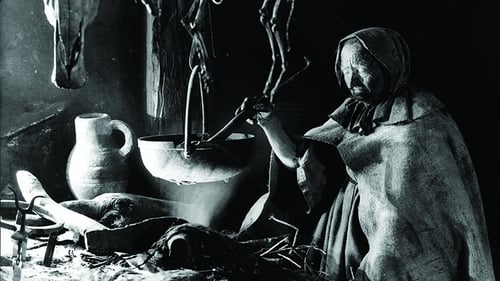
Grave robbing, torture, possessed nuns, and a satanic Sabbath: Benjamin Christensen's legendary film uses a series of dramatic vignettes to explore the scientific hypothesis that the witches of the Middle Ages suffered the same hysteria as turn-of-the-century psychiatric patients. But the film itself is far from serious-- instead it's a witches' brew of the scary, gross, and darkly humorous.
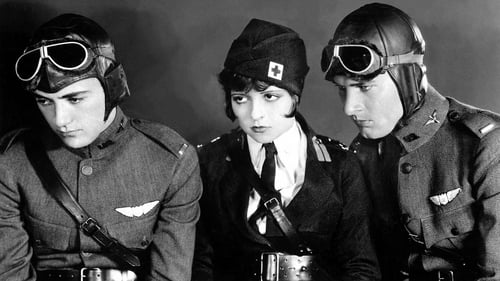
Two young men, one rich, one middle class, both in love with the same woman, become US Air Corps fighter pilots and, eventually, heroic flying aces during World War I. Devoted best friends, their mutual love of the girl eventually threatens their bond. Meanwhile, a hometown girl who's the lovestruck lifelong next door neighbor of one of them, pines away.
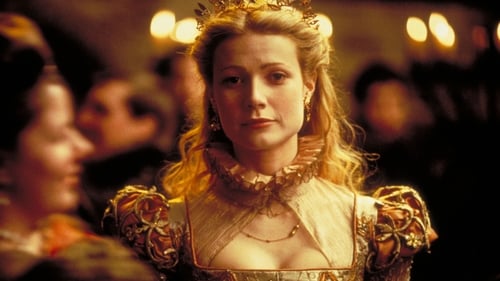
Young Shakespeare is forced to stage his latest comedy, "Romeo and Ethel, the Pirate's Daughter," before it's even written. When a lovely noblewoman auditions for a role, they fall into forbidden love -- and his play finds a new life (and title). As their relationship progresses, Shakespeare's comedy soon transforms into tragedy.
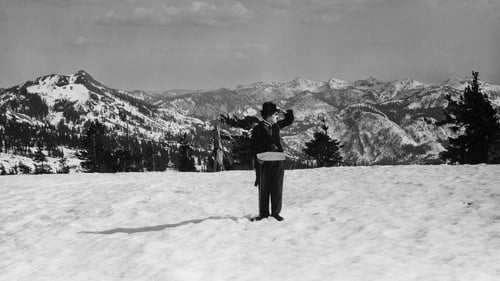
A gold prospector in Alaska struggles to survive the elements and win the heart of a dance hall girl.
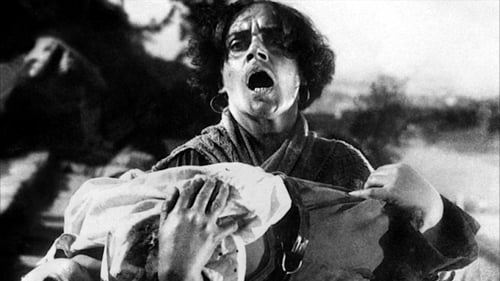
A dramatized account of a great Russian naval mutiny and a resultant public demonstration, showing support, which brought on a police massacre. The film had an incredible impact on the development of cinema and is a masterful example of montage editing.

The mysterious Count Orlok summons Thomas Hutter to his remote Transylvanian castle in the mountains. The eerie Orlok seeks to buy a house near Hutter and his wife, Ellen. After Orlok reveals his vampire nature, Hutter struggles to escape the castle, knowing that Ellen is in grave danger
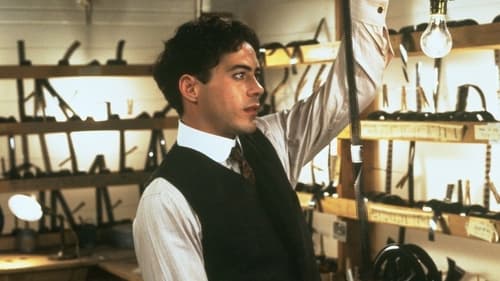
An aged Charlie Chaplin narrates his life to his autobiography's editor, including his rise to wealth and comedic fame from poverty, his turbulent personal life and his run-ins with the FBI.

In this sound-era silent film, a tramp falls in love with a beautiful blind flower seller.
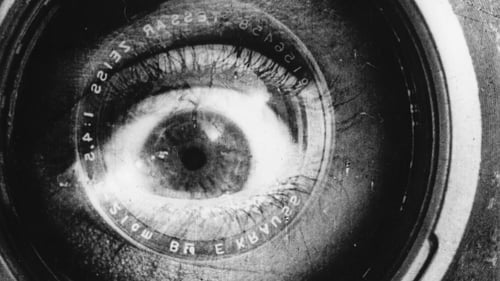
A cameraman wanders around Moscow, Kharkiv, Kyiv and Odesa with a camera slung over his shoulder, documenting urban life with dazzling invention.
Man with a Movie Camera is one of the major manifestos of the world cinema avant-garde. According to the aesthetic principles of Vertov, the film was not based on a script. In Man with a Movie Camera, Vertov implemented experiments that he carried out for many years and theoretical developments in cinematography and editing, turning the film into a film-making methodological guide for subsequent generations of directors. The camera of a talented cinematographer Mikhail Kaufman captures the motley life of Ukrainian megalopolises – Odesa, Kharkiv, and Kyiv – under New Economic Policy.
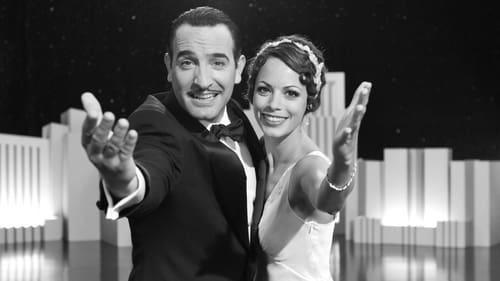
Hollywood, 1927: As silent movie star George Valentin wonders if the arrival of talking pictures will cause him to fade into oblivion, he sparks with Peppy Miller, a young dancer set for a big break.
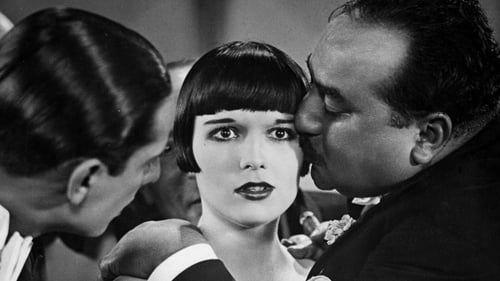
Lulu is a young woman so beautiful and alluring that few can resist her siren charms. The men drawn into her web include respectable newspaper publisher Dr. Ludwig Schön, his musical producer son Alwa, circus performer Rodrigo Quast, and seedy old Schigolch. When Lulu's charms inevitably lead to tragedy, the downward spiral encompasses them all.
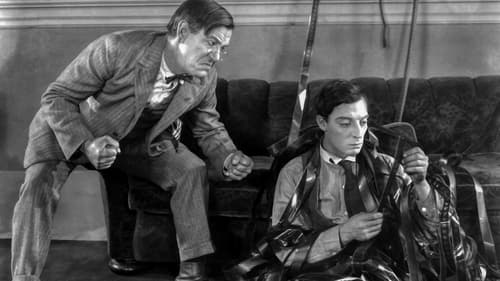
A film projectionist longs to be a detective, and puts his meagre skills to work when he is framed by a rival for stealing his girlfriend's father's pocketwatch.


